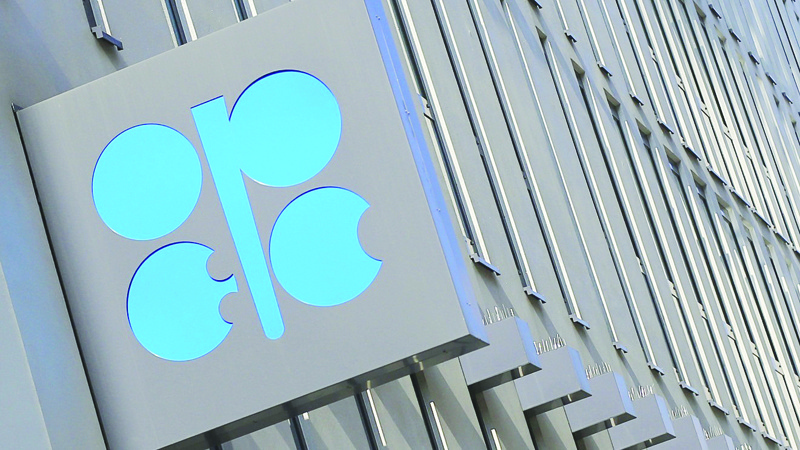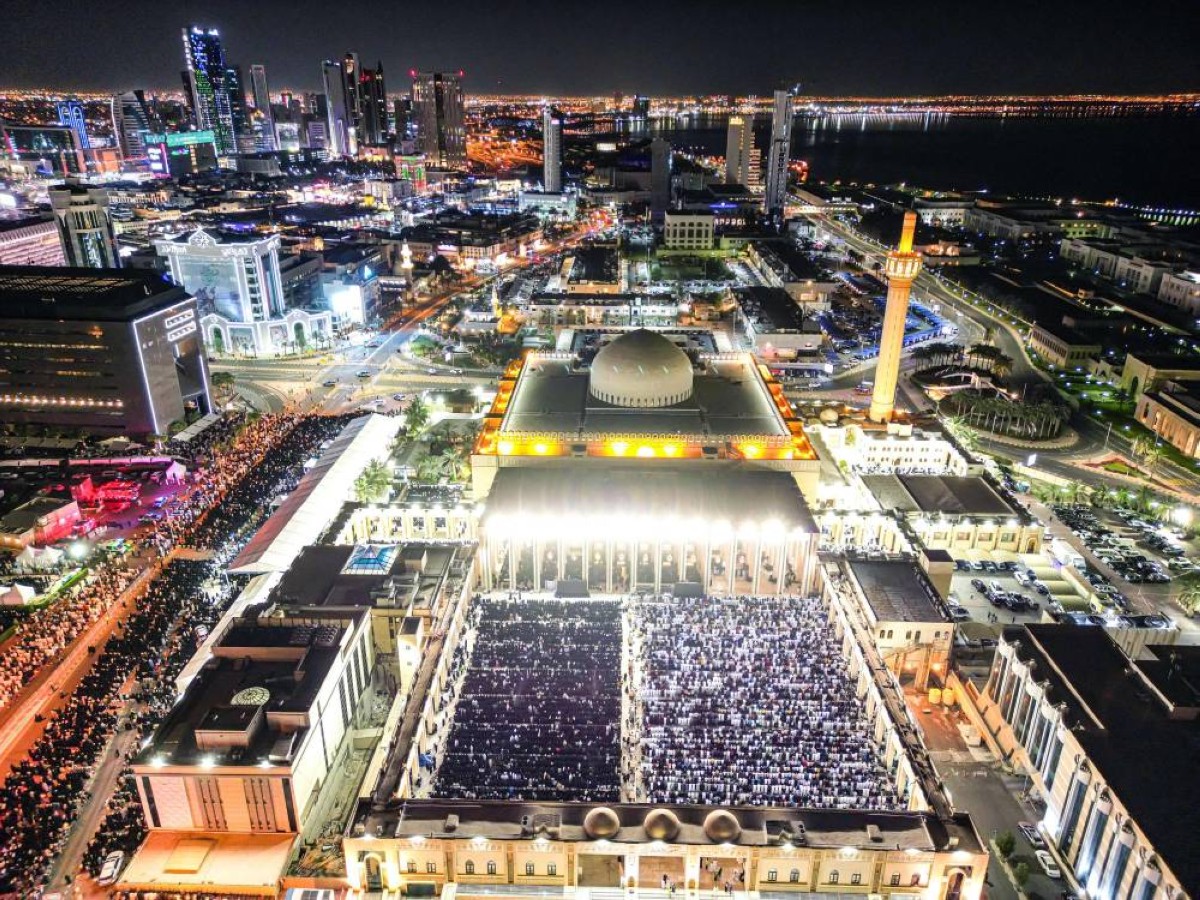

KUWAIT: Kuwait's oil price dropped 16 cents during Monday's transactions to stand at $40 per barrel compared with $40.16 pb last Friday, Kuwait Petroleum Corporation (KPC) said yesterday. Benchmark Brent jumped $2.95 to $42.40 pb and the West Texas Intermediate surged $3.15 to stand at $40.29 pb.
Global oil prices had moved up by 10 percent immediately after reported discovery of an effective vaccine against the novel coronavirus (COVID-19). The crude price improvement has resonated with the markets that have been largely bearish and lackluster since the outbreak of the pandemic months ago.
The positive ripples reached the markets after Pfizer announced Monday that its coronavirus vaccine has shown to be "more than 90 percent effective in preventing COVID-19." The pandemic has negatively affected key energy consuming sectors throughout the globe, thus drastically pushing down oil prices.
Against backdrop of Monday's promising announcement, experts are looking forward to see how the US president-elect Joe Biden will deal with the energy market after settling in the office following the January oath taking. Biden has already signaled a new approach with his recurrent emphasis on necessity to shift to clean energy and intention to rejoin the Paris climatic treaty from which the outgoing president Donald Trump had opted to withdraw from.
The world's top oil entity, the Organization of Petroleum Exporting Countries (OPEC), is destined to coordinate with the new US administration and close the chapter of tensions, fuelled when Trump had increased output of shale oil in a bid to push down prices of the conventional crude. The experts believe that Biden's preference for clean energy may also turn out to be a major snag in the forecast coordination between the two sides.
Moreover, oil stakeholders are hoping that the new US administration will take a more diplomatic approach toward Venezuela and Iran, OPEC member states. Based on his rhetoric, Biden is expected to take a multi-lateral and largely diplomatic approach toward such states, instead of the unilateral and uncompromising stances of the outgoing president.
Oil ministers are scheduled to debate, during the OPEC and OPEC+ conference, due later this month, means of preventing oil prices' collapse and experts are concerned that comeback to the markets by the oil producers Iran, Venezuela and Libya will result in increasing the output, recreating a glut and subsequently pushing the prices lower.
OPEC+ had slashed oil supplies by large quantities, thus keeping the rates in the $40 bpd range. The OPEC and non-OPEC producers had, since May, withdrawn nine million barrels per day, 10 percent of the global crude output, in a bid to shore up the prices that were badly hit with the crippling anti-COVID measures throughout the globe. - KUNA


